NEWS
The Paris 2024 Paralympic Games
The 17th Summer Paralympic Games concluded in Paris yesterday. About 4,400 disabled athletes from 170 countries competed in 22 sports, including events like Goalball and Boccia that have no Olympic equivalent. China took home 220 medals, followed by Great Britain with 124 and the U.S. with 105.
The Paralympics are one of the largest sporting events in the world, drawing 65,000 spectators, so there’s a lot of news to gather. Here are some highlights:
As Crip News reported in the spring (v.136), many had been sounding the alarm on systemic failures to deliver promises about accessibility ahead of the games, one of the key dimensions of Paris’s successful host bid in 2017. Today, only only 25% of Paris’s rail network is accessible and the public transport authority Île-de-France Mobilités estimates it would take €15 to 20 billion over 20 years to make it complete. Inside the Paralympic Village, however, athletes have described it as an access “utopia.”
Gazan Paralympian Fadi Aldeeb was the sole athlete from Palestine at the games. He became disabled during the second Intifada in 2001 after an Israeli sniper responded with bullets because children threw rocks at a tank. He has lost his brother, nephew, and 15 other family members in the ongoing genocide.
The Palestinian Olympic Committee estimates that 400 Palestinian athletes have been killed in the Israeli assault on Gaza.
After 20 athletes lost limbs during Israeli terror on the 2018 Great March of Return, where 81% of Israeli gunshots targeted the legs of demonstrators, they formed the Gaza Sunbirds cycling team. Today, they are raising money to deliver aid by bike in Gaza.
The Paris games’ official mascot, the Phryges, are based on the Phrygian cap worn by French revolutionaries during the storming of the Bastille prison in 1789. Tony Estanguet, president of the Paris 2024 organizing committee, said the figures are on “a mission of revolution through sport.”
A 25 year-old Afghani woman, Zakia Khudadadi, was the first athlete to take home a medal for the Refugee Paralympic Team that represents “more than 120 million forcibly displaced people worldwide.” She won bronze in para taekwondo.
The U.S. nonprofit Easterseals coordinated a PSA campaign, “D1$@B1L*tY IS NOT A DIRTY WORD” during this year’s games.
British disabled astronaut John McFall was one of the bearers of the games’ official flag during the opening ceremony on Aug. 28.
Finally, there is a lot of great writing about the games by disabled authors and journalists. Check out John Loeppky for Disability Debrief, Priti Salian for Himāl Southasian, and Aman Misra for Reframing Disability.
New Works
Constantina Zavitsanos’s new exhibition fwiw opens tomorrow, Sept. 10 (opening reception 6 - 8pm ET in-person) at Artists Space (NYC) and will be on view until Nov. 9. The show “stays in study with perception and poetics across new experiments in haptics, demonstration, and description that privilege the material presence of sound, text, and fleeting image.”
For the American Composer Forum’s media platform I CARE IF YOU LISTEN, Yaz Lancaster recently profiled and interviewed The Honourable Elizabeth A. Baker, a visually impaired artist who crafts access-centric rituals of live performance.
PeoplesHub’s 2024 Arts & Social Justice Fellow Yem Case, Lead Trainer Ngozi Alston, Restorative & Transformative Justice Practitioner Kempis “Ghani” Songster, and Organizer & Cultural Worker D. Musa Springer recently reflected on the Tradition of Black August and shared some of what they’ve learned since focusing their Arts & Social Justice Fellowship solely on incarcerated artists.
Olivia Dreisinger’s Painwise Press is accepting pre-orders for new t-shirts.
Aging with Justice has released a new issue brief, “Aging with Dignity and Justice: Opportunities to Meet the Needs of All of Us through a National Plan on Aging.”
For Solutions Journalism Network’s HEAL project, journalist Julia Métraux reports on “how online communities and programs are helping young people with chronic illnesses and disabilities’ emotional well-being” in the form of a guide for reporters.
In Mpls.St.Paul Magazine, Joey Erickson profiles Cow Tipping Press’s work to flip the script on writing and developmental disability.
Mary Fashik’s new children's book, Adventurous Adeline and the Back to School Party, is out tomorrow from Simon & Schuster. The book highlights disability representation by following Adeline, a young girl navigating a new school and making new friends, focusing on the joys and barriers faced by disabled kids.
there is always something better, a new show at Tangled Art + Disability in Toronto featuring work by Sonali Menezes, Harmeet Rehal, moira williams, and Salima Punjani, asks “What would happen if space opened up to hold the messiness, discomfort and unease of being human?”
In Other News…
Jacob’s Pillow has announced The Choreodaemonic Collective, founded by disabled transdisciplinary artist-engineer Laurel Lawson and Sydney Skybetter, is in the new Pillow Lab cohort. The Collective will have a “development residency” and “invited showing” in March 2025.
Rep. Don Beyer of Virginia has introduced the “Airborne Act of 2024” in the U.S. House of Representatives. The bill would “incentivize non-residential building owners to conduct indoor air quality assessments and upgrade their ventilation and air filtration systems.”
A federal U.S. judge ruled that there must be enforcement of a 2014 settlement agreement requiring at least 50% of New York City’s yellow medallion taxicabs be wheelchair accessible. Until then, he also ruled, 100% of all new yellow taxis must be wheelchair accessible.
Another federal judge recently denied Illinois's request to end court oversight of its disability services, siding with legal advocates who argued that the state still hasn't met its decade-old promises to help people with intellectual and developmental disabilities live outside large institutions.
A new U.N. report criticized the working conditions of people with intellectual disabilities in Canada. Disability employment expert Samuel Ragot recently broke down the issues for The Tyee.
CALLS
The People’s CDC is coordinating a letter-writing campaign to urge the U.S. Congress to keep the CDC Bridge Program that provides free Covid vaccines for uninsured adults. More here.
Artists in Resistance (A.I.R.) NYC is accepting requests to borrow air purifiers from its lending library for any event (public or private) in NYC. Submit by TOMORROW, Sept. 10 for events this month and next. More here.
Culture Push is accepting applications for its Disability Arts Curatorial Fellowship supporting “the processes of cultivating and testing new ideas through civic engagement and co-thinking, thinking through emergent disability cultural strategies like access as art or creative accessibility, growing your disability centered curatorial voice into a curatorial statement, and making viable plans for sparking more emergent disability culture in the arts.” There is an info session this Saturday and a working session next Saturday. Apply by Sept. 30. More here.
Justice in Aging is accepting applications for Summer 2025 Fellowships, including the Colin Alexander Health Law Fellowship and the Racial Justice Fellowship. Apply by Oct. 11 (priority before Sept. 27). More here.
Summertime Gallery in NYC is accepting applications for its Art Residency for artists “who are typically ill-served by traditional residencies, whether or not they identify as having a disability.” More here.
EVENTS
Vigil: Bearing Witness and Showing Solidarity with Disabled Palestinians
TODAY, Monday, Sept. 9, 4:30 - 6pm ET, in-person at the White House (DC)
Join Disability Divest, in partnership with the Vigil for Palestine, as we read disabled Palestinians’ stories, share their fundraisers, and hold space for disabled martyrs.
Measuring Spoons: A Cookbook for Crips Cooking Class
Thursday, Sept. 12, 4 - 5:30pm PT, online
Together with authors Anna Foster and Rosemary McDonnell-Horita, we’ll cook gnocchi and veggies, a favorite easy low-spoon meal. We can provide meal kits for folks in SF without the spoons or funds for grocery shopping.




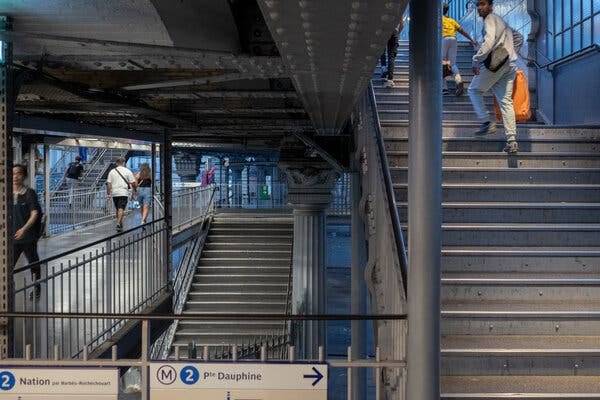
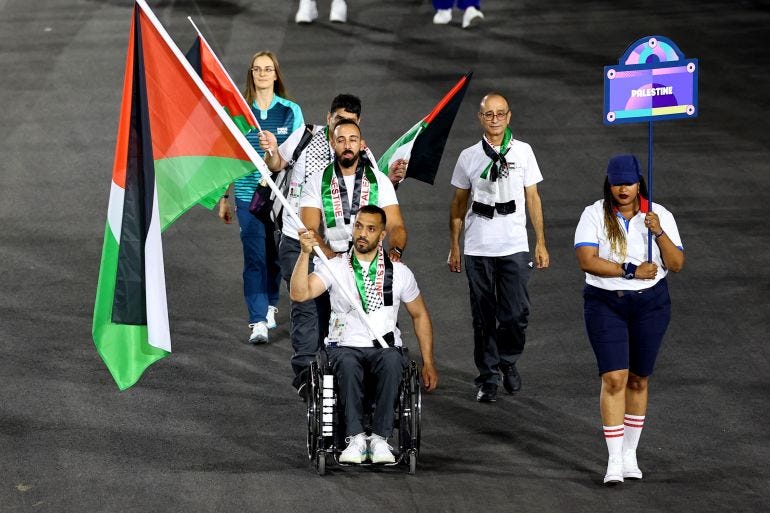
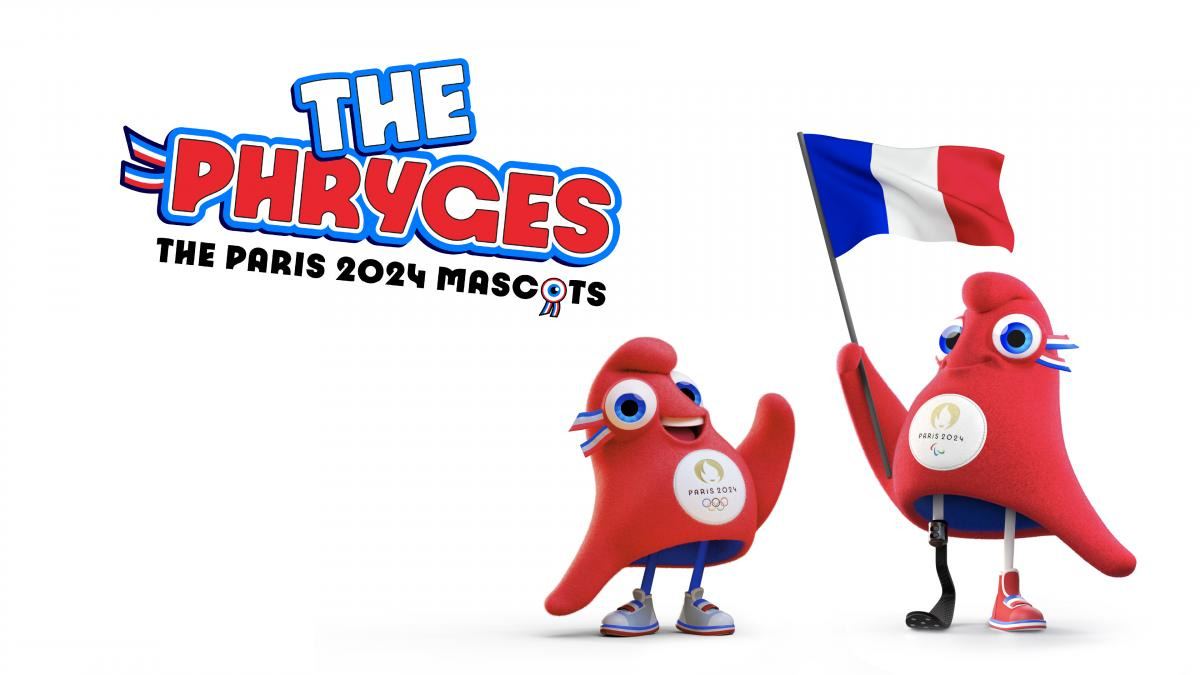
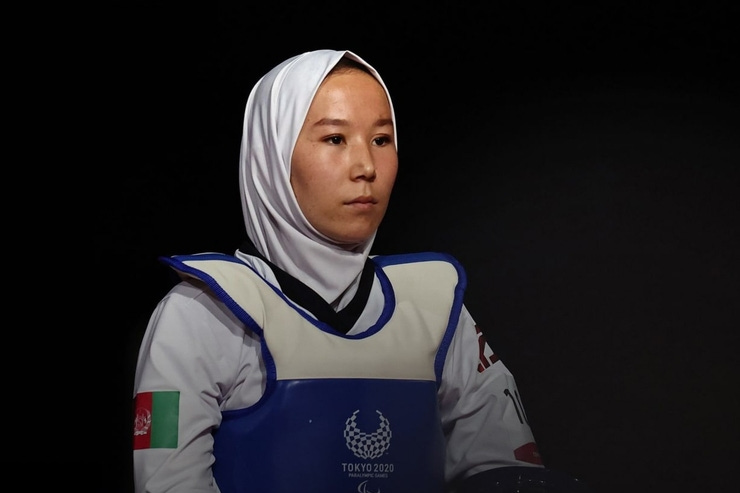
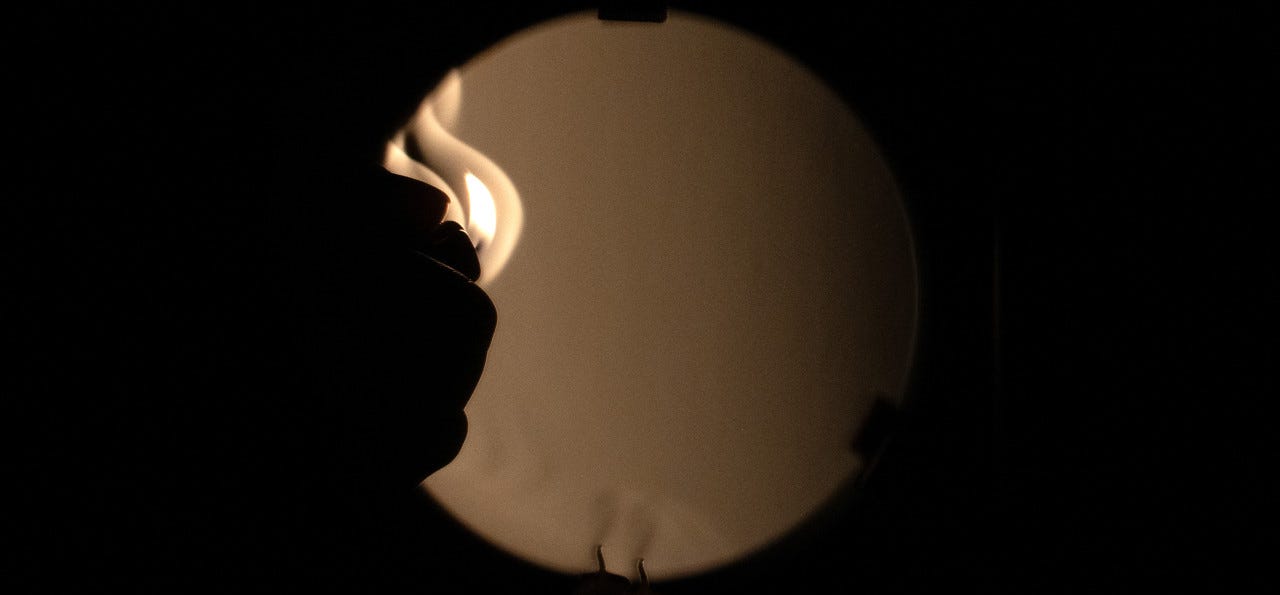
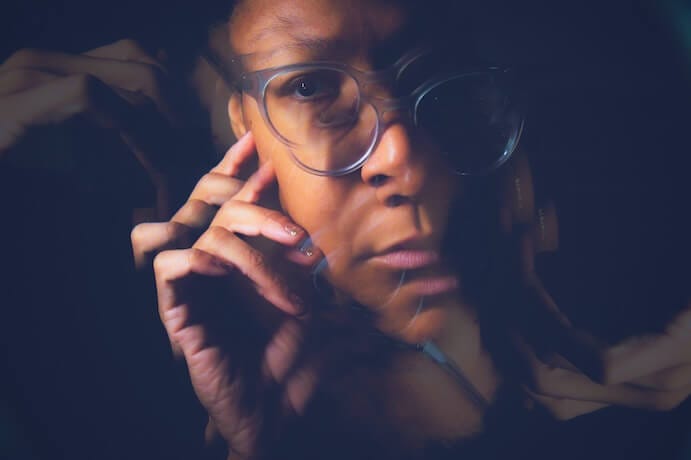
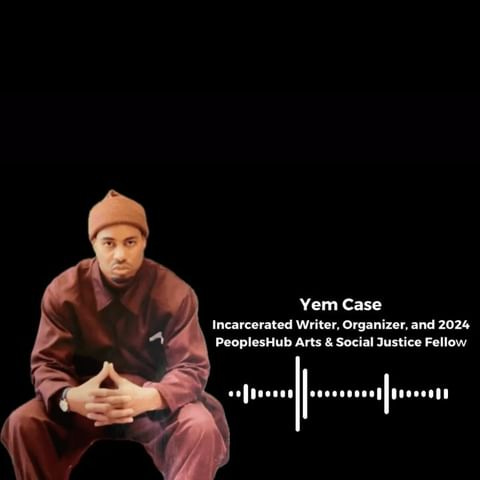
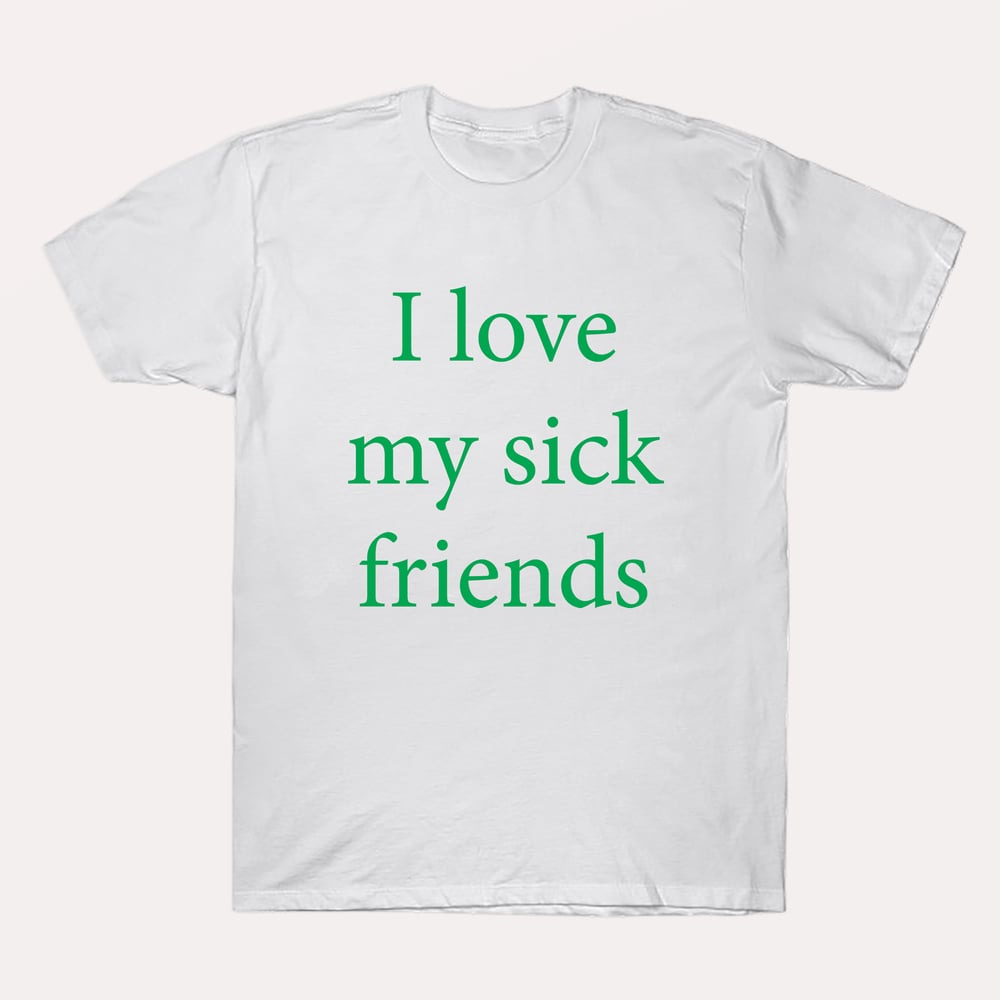
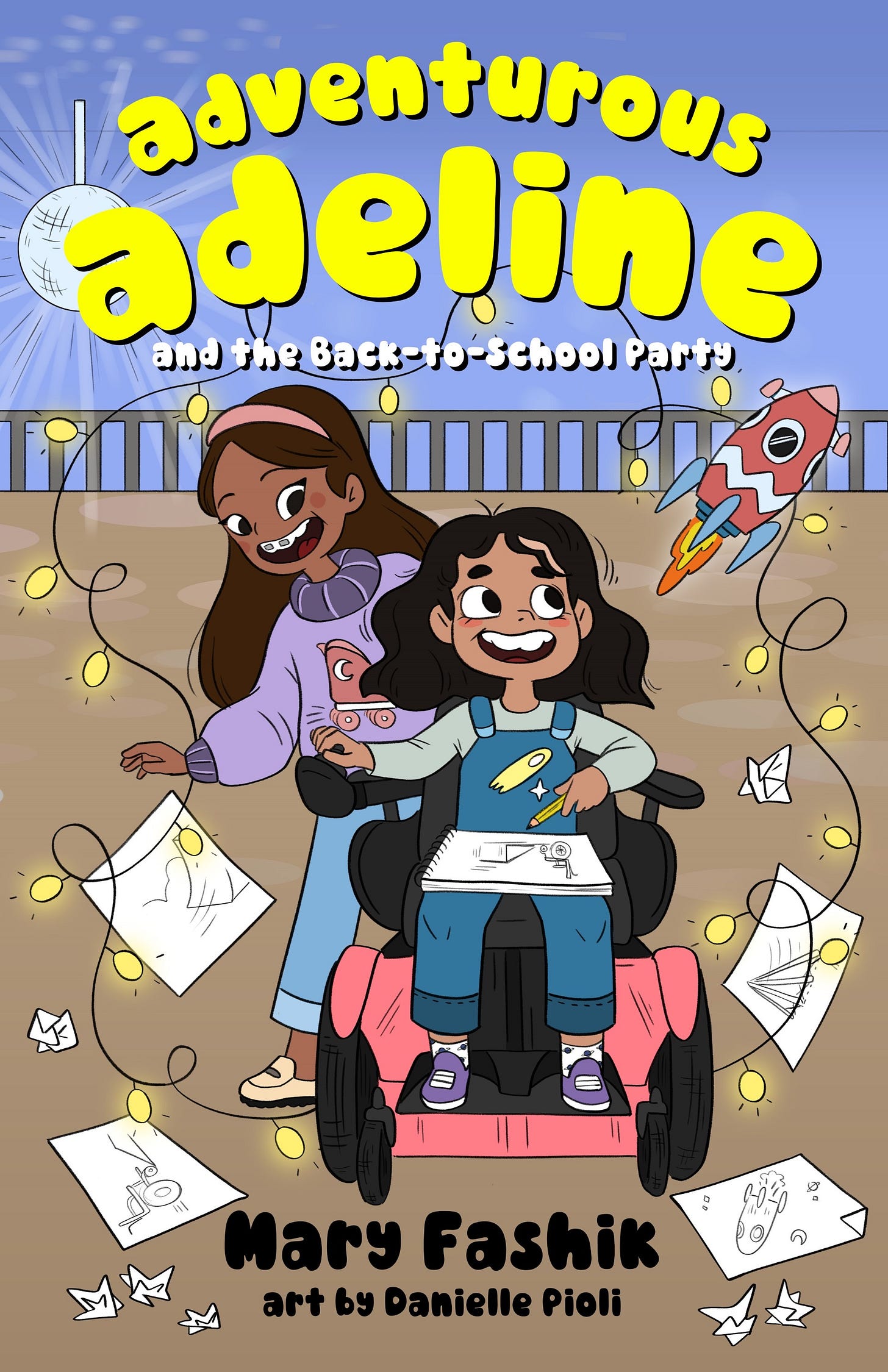
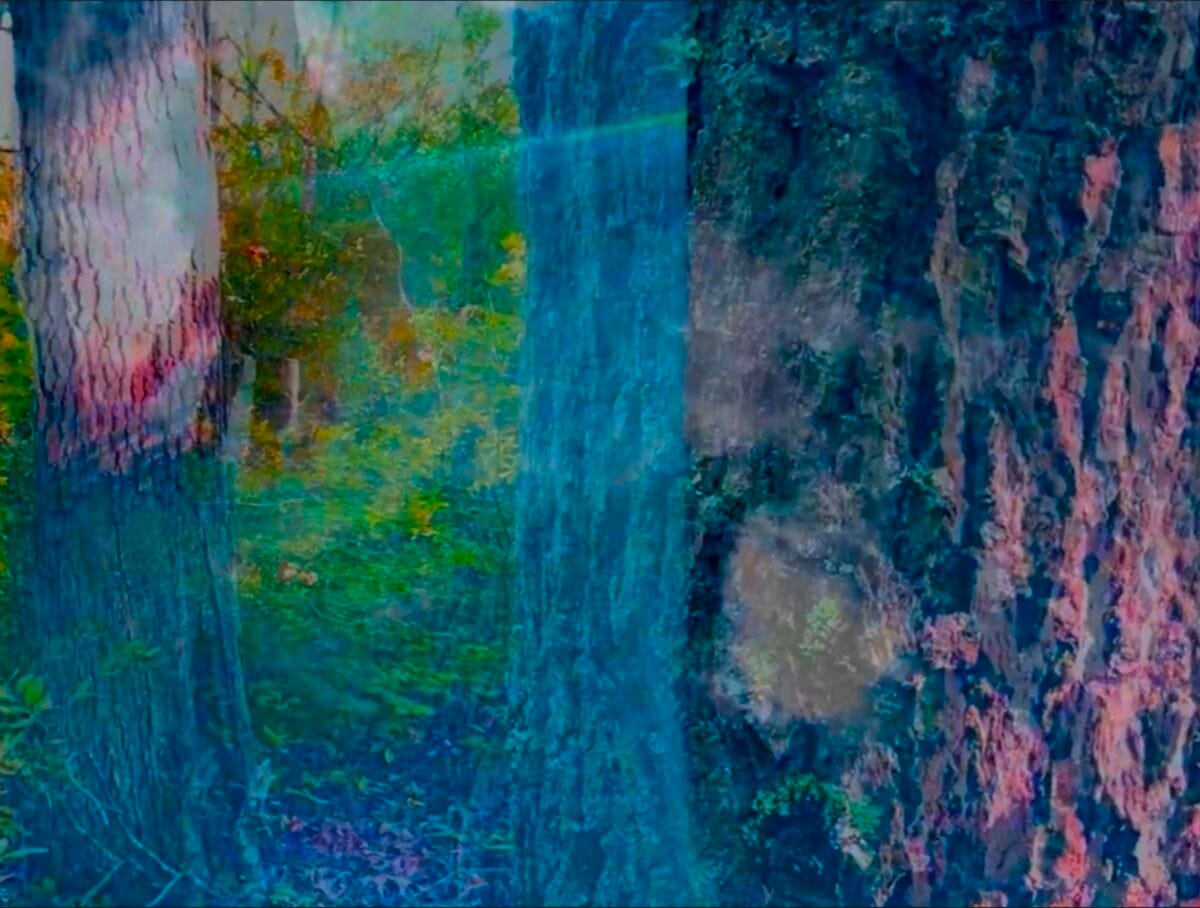
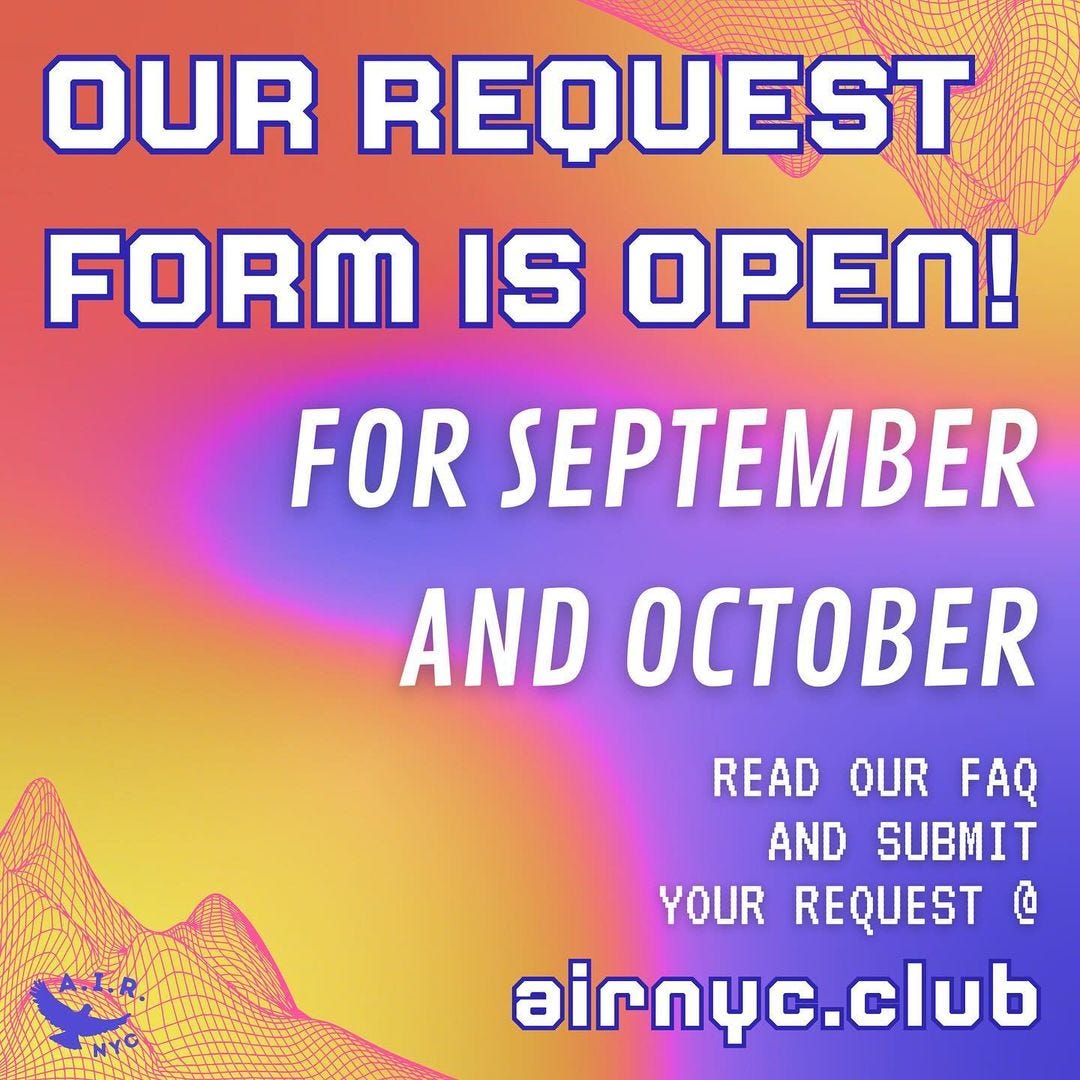
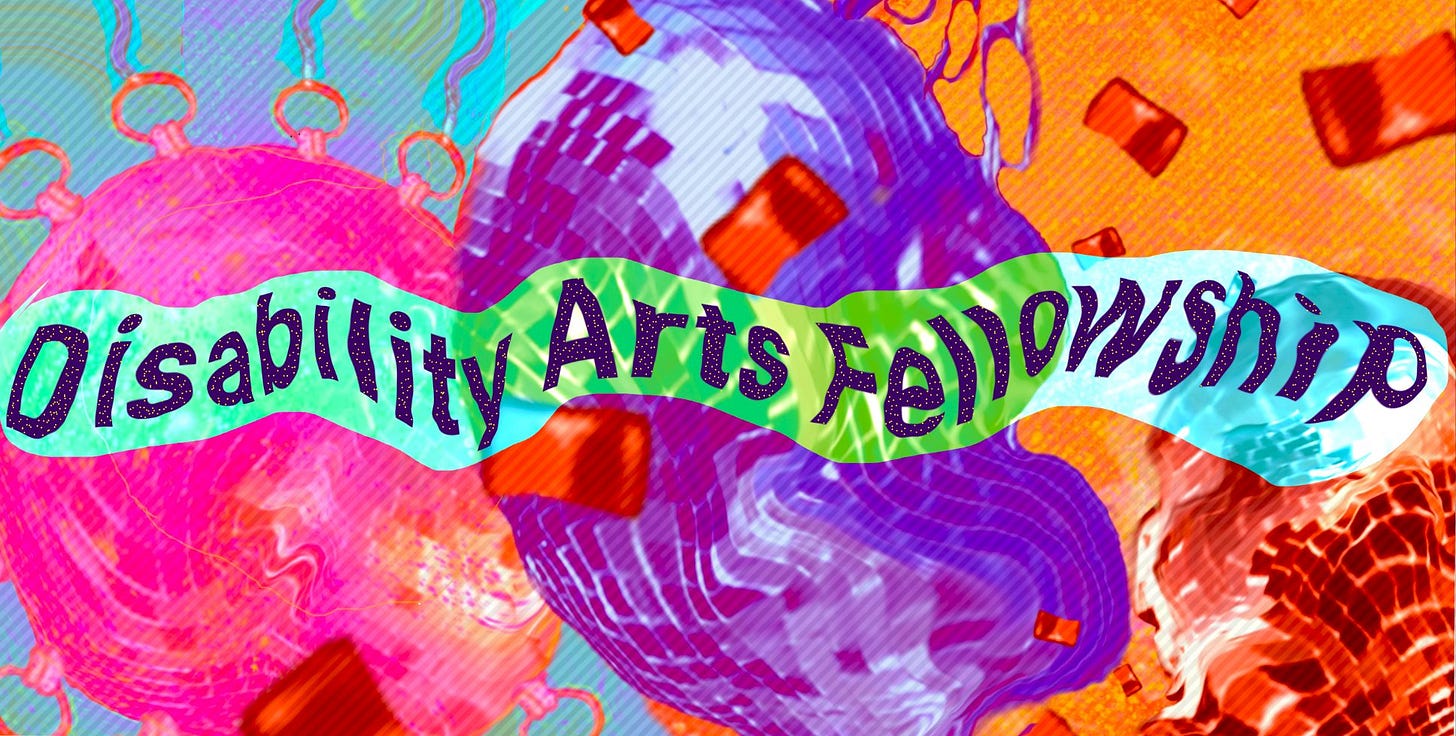
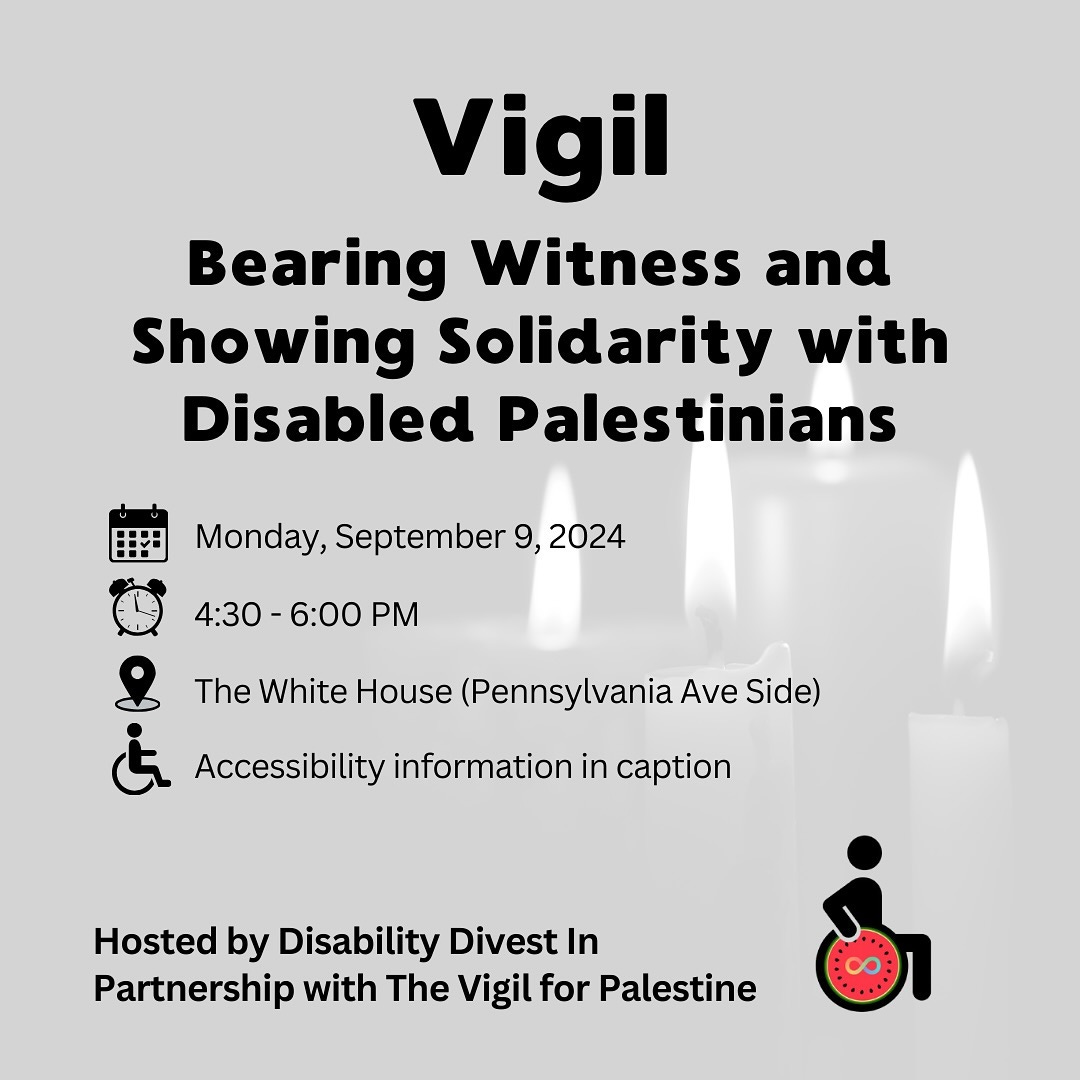

I used to live in Paris while on legs, it was hard enough. Now a wheelchair user, it is very difficult without assistance. I visited just before the games and I gave to say all the issues reported are indeed very much there but it's a real improvement from what was there before - or not there. Bus drivers have been helpful in my experience, but you do need to give them a shout sometimes. I am not sure the 'stop' button at wheelchair level actually tells the driver the ramp is needed.
For boarding buses, some platforms are too narrow for a wheelchair or miss dropped curbs but on the whole it's not too bad. I have had drivers dropping me off at safer spots.
The métro is the métro, not convinced it's fit for anyone really.
Pavements are wide and smooth without a ridiculous camber and roads aren't riddled with potholes - I live in the UK.
So no excuses at all for the lack of accessibility in Paris, but it is finally trying to improve...
The TER train services going west at least, Pays de Loire and Bretagne have done major accessibility renovations, putting numerous platforms at train level - even in my home village. For the first time this summer, I could get on and off a train nearly like everyone else, provided the train had an automated ramp. This does not apply to the high speed network or the Eurostar.
So much work to do. Thanks for your newsletter!
The Paris access problems were worse than I reported here. See Grace Dow's write-up about how nightmarish they were: https://gracedowwrites.com/2024/09/09/the-paralympic-games-an-accessibility-nightmare/